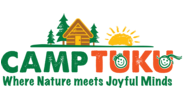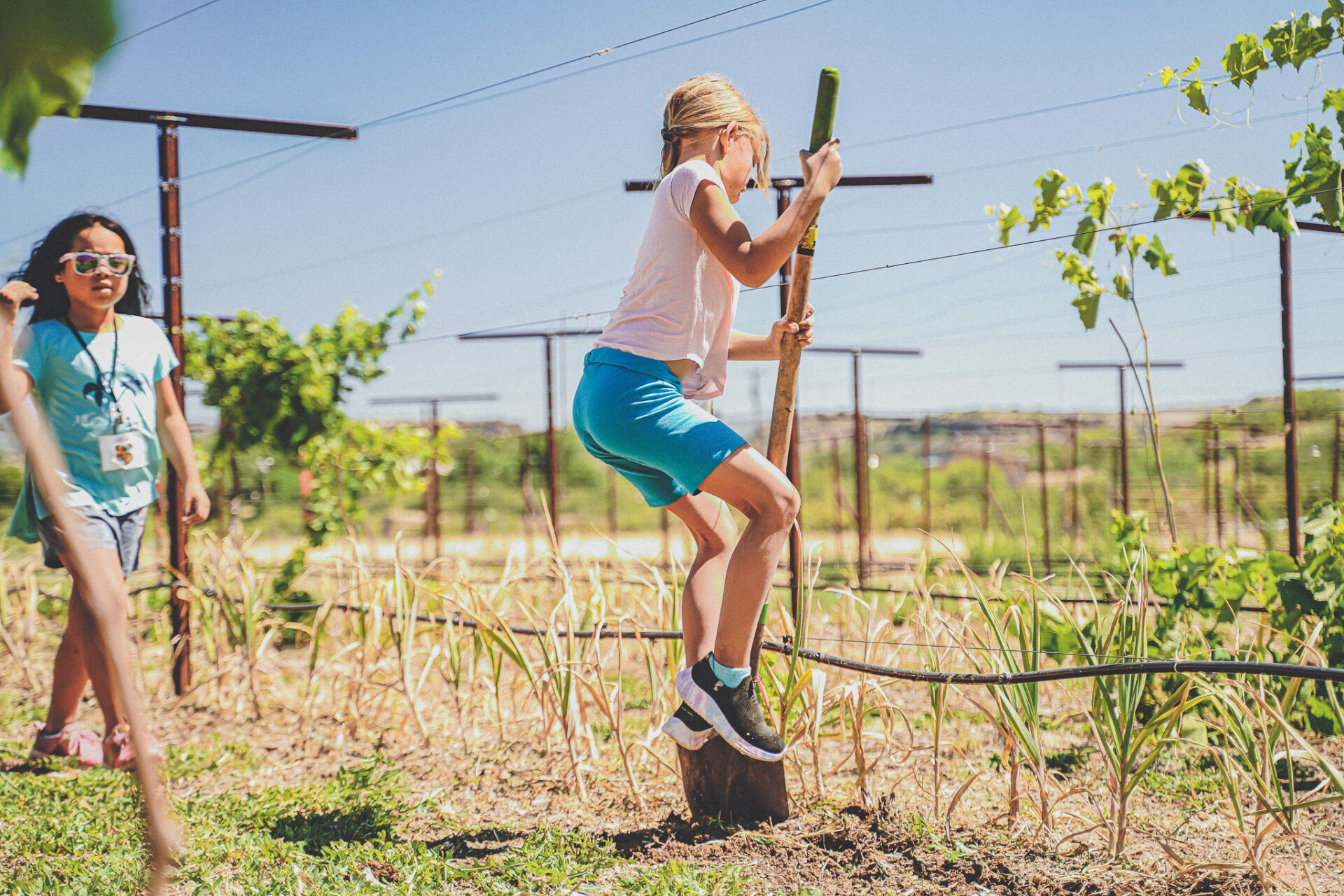The 0.4 acre garden, 1.4 acre orchard and .70 acre vineyard at The Orme School offers many hands-on learning opportunities. Campers will be involved in various aspect of the garden during their time at camp. This may include, planning, soil testing and improvements, weeding, planting, watering in seeds, pruning, harvesting and eating healthy foods!
The natural processes observed in the gardens, orchard and vineyard can stimulate many impromptu lessons. Campers’ observations, interests and curiosities will be encouraged and expanded upon. They will learn what it takes for a seed to germinate, that all food comes from flowers and that, without pollinators in the system, nothing will develop.
Much wildlife can be observed in the garden, from beneficial pollinators and birds to insects and animals we consider pests in our gardens. Discussion to follow on life cycles, weather and migration patterns, host plants and how to mitigate damage in a humane and organic way.
Food that is in season will be harvested, washed, weighed and delivered to the Founder’s Dining Hall to supplement meals. Approximately 50 pounds of food has been delivered weekly in the Fall of 2022. Food harvested includes tomatoes, cucumbers, beans, peas, squash, peppers, chard, lettuces, kale, okra, potatoes, basil, cilantro, rosemary, parsley, onions, garlic, corn and watermelon, to name a few.
Campers would also have the opportunity to participate in the campus wide composting program. Food scraps from the kitchen and from individual homes on campus are collected and composted in a designated area. Students can be involved in collection, turning and mixing, helping to maintain temperature logs and using the final product to help improve the soil in the gardens. Lessons stemming from this activity include waste reduction, decomposition, soil composition and nutrients necessary for plant growth.
Nature or garden journals are encouraged for creative or nonfiction writing and drawing. Seating areas are available for observation and contemplation, therapy and quietude. The Word Garden provides opportunities to express oneself creatively or emotionally without speaking. It can also be used to take literacy lessons from the classroom to the garden. Campers may be assigned to create a haiku or other form of poetry, simply create something silly, or choose words that reflect their time at camp.


